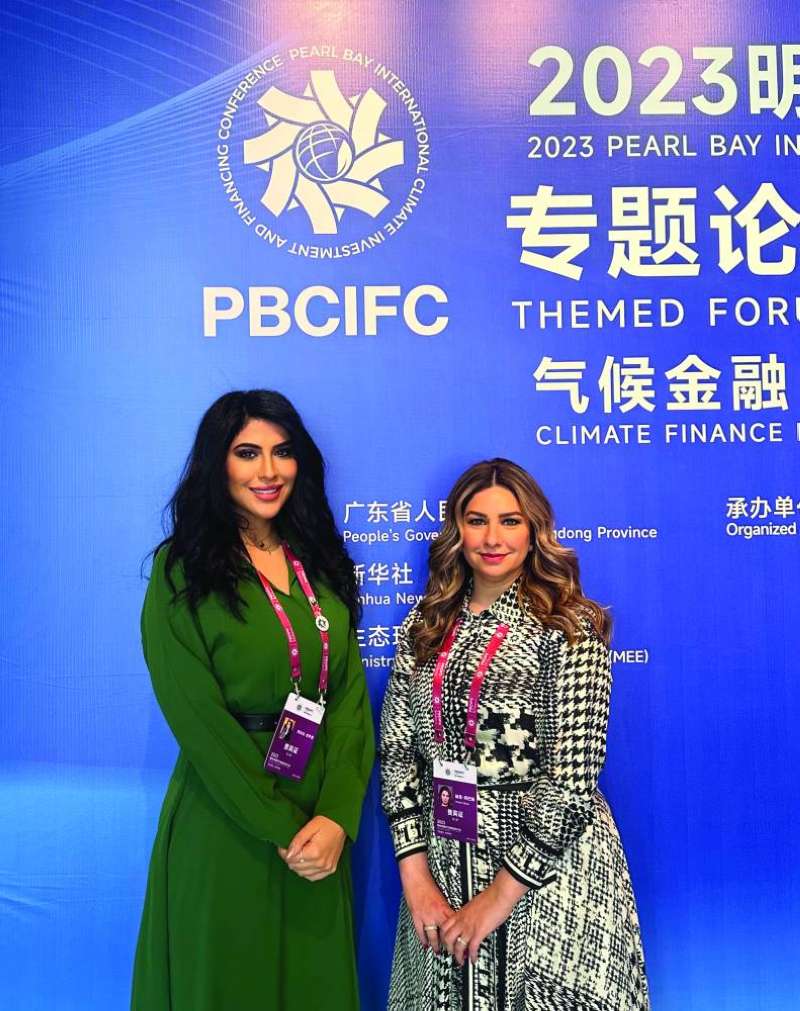Only two Arab women were among the 500 participants from around the world who attended the recent international conference. This lack of representation has raised concerns among many, highlighting the need for greater inclusion and diversity in such events.
The conference, which aimed to address global issues and foster collaboration among professionals, saw attendees from various countries and backgrounds. However, the underrepresentation of Arab women in the participant list is a clear indication of the existing disparities in opportunities and access to such platforms.
Gender equality and women’s empowerment have been key topics of discussion in recent years. While progress has been made in many regions, there are still areas where women face significant challenges and barriers. The low representation of Arab women in this conference is a reflection of the broader issues they encounter in their professional lives.
It is crucial to understand the potential implications of such underrepresentation. By excluding Arab women from international conferences, we miss out on their unique perspectives, experiences, and expertise. This not only limits their individual growth but also hinders the overall progress and innovation that can be achieved through diverse collaboration.
Furthermore, the absence of Arab women in global events can perpetuate stereotypes and reinforce a skewed narrative. It sends a message that their voices and contributions are not valued or considered important. This can have long-lasting effects on the aspirations and self-esteem of Arab women, as well as the perception of their capabilities within their own communities.
Addressing this issue requires a multi-faceted approach. Conference organizers and stakeholders should actively work towards ensuring greater gender balance in their participant selection. This can be achieved by actively seeking out Arab women professionals and providing them with opportunities to showcase their expertise.
Additionally, it is essential to create a supportive environment that encourages and empowers Arab women to pursue professional growth and development. This includes providing mentorship programs, training initiatives, and networking opportunities specifically targeted towards them.
For Filipino Overseas Filipino Workers (OFWs) in Kuwait and their families, this lack of representation may resonate on a personal level. Many OFWs face similar challenges in terms of access to opportunities and recognition for their contributions. By highlighting the issue of underrepresentation of Arab women, it sheds light on the broader need for inclusivity and fairness in various aspects of professional life.
It is important for the Filipino community to advocate for equal opportunities for all, regardless of gender or nationality. By supporting initiatives that promote diversity and inclusion, they can contribute to creating a more equitable and just society for everyone.
In conclusion, the lack of Arab women representation among the participants of the international conference raises concerns about inclusivity and diversity. It is crucial to address this issue by actively working towards greater gender balance and providing opportunities for Arab women professionals to contribute their unique perspectives. For the Filipino OFWs in Kuwait and their families, this serves as a reminder of the importance of advocating for equal opportunities and fairness in all aspects of professional life.
Source: Only two Arab women among 500 participants from around the world







